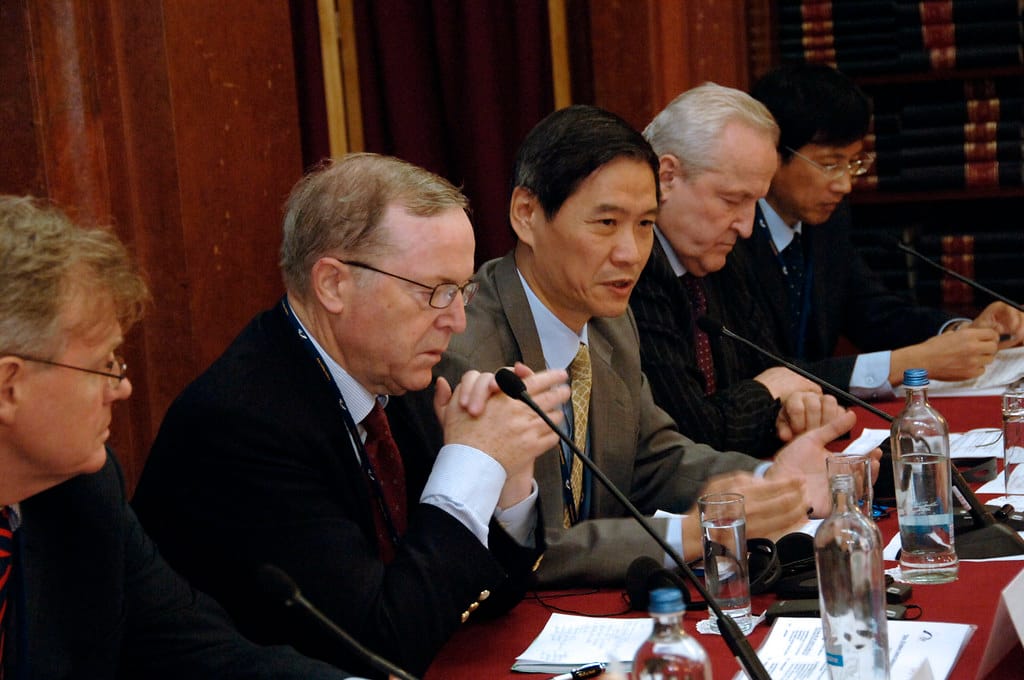EU Hesitates on Climate Pledge with China as Geopolitical Tensions Cloud Environmental Cooperation
The European Union's reluctance to formalize a climate action pledge with China has emerged as a striking example of how geopolitical tensions are increasingly overshadowing global environmental cooperation. Despite shared climate commitments and mounting pressure to accelerate decarbonization efforts, the EU is taking a cautious approach to deepening climate partnerships with Beijing, raising questions about the future of international environmental diplomacy.
The Stalled Partnership
The proposed climate pledge, which would have formalized cooperation on renewable energy technologies, carbon reduction targets, and green financing mechanisms, has been under negotiation for over eighteen months. Sources within the European Commission indicate that while technical discussions have progressed smoothly, political considerations have increasingly dominated the conversation.
The EU's hesitation comes at a critical juncture. Both regions are racing to meet ambitious climate targets—the EU aims for carbon neutrality by 2050, while China has committed to achieving peak emissions before 2030 and carbon neutrality by 2060. Together, they represent nearly 40% of global greenhouse gas emissions, making their cooperation essential for meeting international climate goals.
Geopolitical Headwinds
The primary obstacle appears to be the deteriorating relationship between Brussels and Beijing across multiple fronts. Trade disputes, concerns over human rights in Xinjiang, and disagreements over Taiwan have created a complex web of tensions that are spilling over into climate negotiations.
"Climate action cannot be divorced from broader geopolitical realities," explained Dr. Sarah Chen, a climate policy expert at the Brussels-based Institute for European Studies. "The EU is grappling with how to balance its environmental ambitions with its growing concerns about strategic dependence on China."
The EU's wariness has been amplified by China's dominance in critical green technologies. Chinese companies control approximately 60% of global solar panel production and 70% of battery manufacturing capacity. This technological edge, while beneficial for global decarbonization, has raised concerns in Brussels about creating new dependencies that could mirror past issues with Russian energy supplies.
Economic Implications
The hesitation carries significant economic implications. European companies are increasingly concerned about being shut out of China's massive green technology market, estimated to be worth over $1 trillion annually. Meanwhile, Chinese firms are making substantial investments in renewable energy projects across Europe, creating a complex web of interdependence that policymakers are struggling to navigate.
Recent data shows that EU-China trade in environmental goods reached €78 billion in 2023, up 15% from the previous year. However, the trade balance heavily favors China, with European imports of Chinese green technologies vastly outpacing exports in the opposite direction.
The Broader Climate Impact
The EU's reluctance to sign the climate pledge with China reflects a broader challenge facing international climate cooperation. As the climate crisis intensifies, the need for global coordination becomes more urgent, yet geopolitical tensions are making such cooperation increasingly difficult.
The delay has already had practical consequences. Joint research projects on carbon capture technology have been put on hold, and plans for a shared green bond standard have stalled. Climate advocates warn that these delays could set back global decarbonization efforts by years.
"Every month of delay in climate cooperation translates to millions of tons of additional emissions," warned Maria Rodriguez, climate campaign director at the European Environmental Bureau. "We cannot afford to let geopolitical rivalries derail our climate agenda."
Looking Forward
Despite the current impasse, both sides maintain that climate cooperation remains a priority. European Commission President Ursula von der Leyen recently stated that the EU remains "committed to working with all partners, including China, on climate action," while emphasizing the need for "reciprocal and fair cooperation."
The challenge now lies in finding a path forward that addresses legitimate concerns about strategic dependence while maintaining the momentum needed for effective climate action. Some experts suggest that multilateral frameworks, involving other major economies like the United States and India, might provide a more viable path forward than bilateral agreements.
The Bottom Line
The EU's hesitation on the climate pledge with China illustrates the complex intersection of environmental policy and geopolitical strategy in the 21st century. While the immediate focus may be on managing bilateral tensions, the longer-term implications for global climate action are profound. Success in addressing the climate crisis will ultimately require finding ways to separate environmental cooperation from broader geopolitical disputes—a challenge that will define international relations for decades to come.
The world's climate ambitions now hang in the balance, awaiting resolution of tensions that extend far beyond environmental policy.
